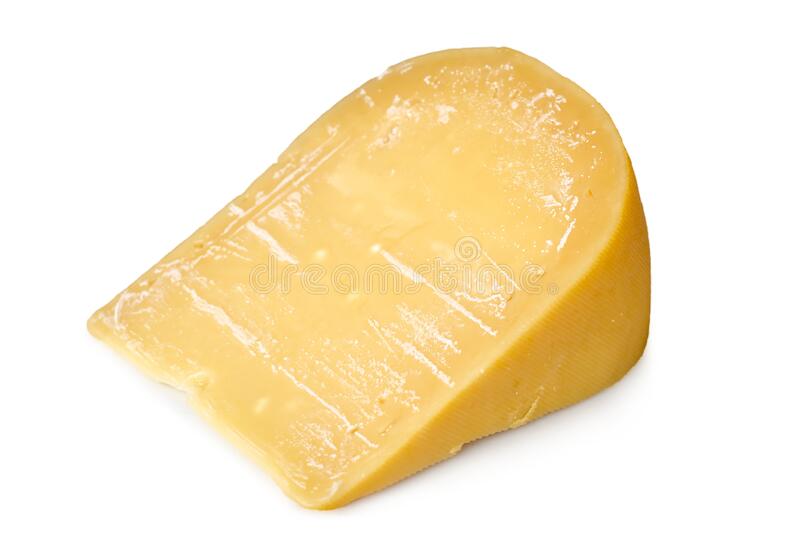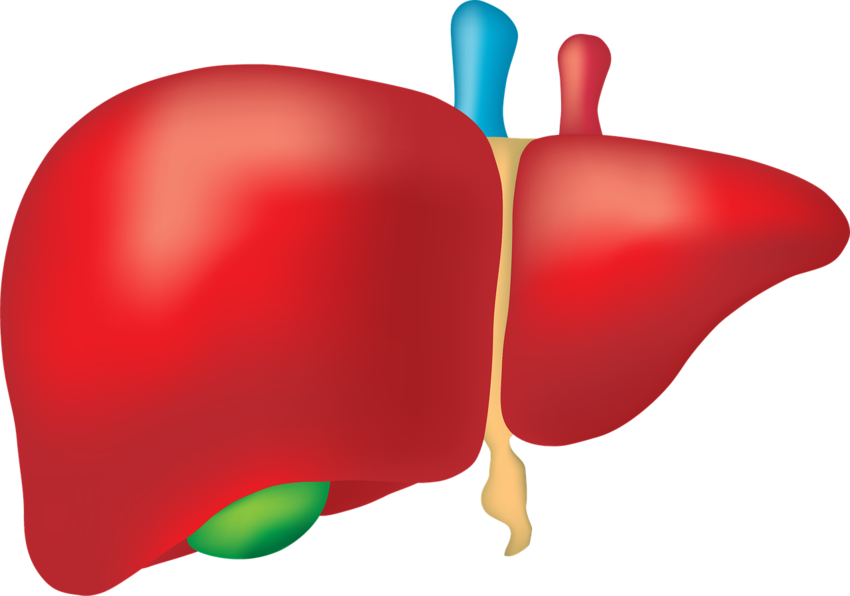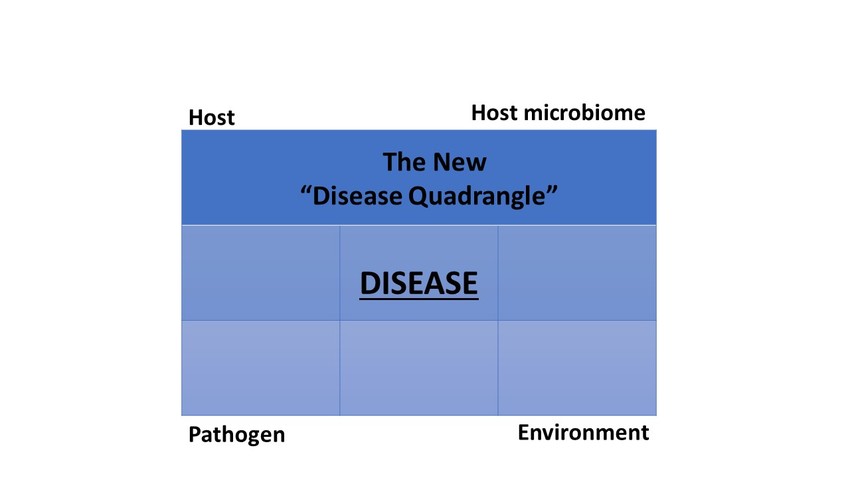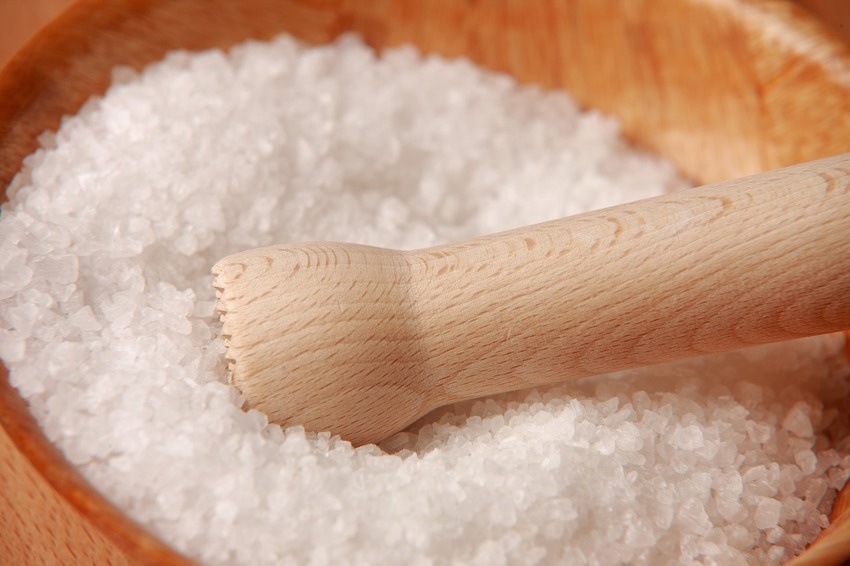Evidence of lactate producing gut bacteria as a key memory-boosting molecule
Jul
21
Said Janice Jansson, a microbial ecologist at Pacific Northwest National Laboratory, “our study shows that the microbiome might partner with genetics to affect memory.” Researchers discovered that the Lactobacillus and L. reuteri strains were linked to improved memory, as well as two additional strains of Lactobacilli. The team fed lactate (produced by Lactobacillus) to mice that had poor memory and noticed that their memory improved. Gamma-aminobutyric acid (GABA), a molecular messenger linked to memory formation in their brains. This is another step foreward and a factor in the gut-brain axis, though not yet complete, admits Jansson.
https://www.pnnl.gov/news-media/scientists-explore-links-between-genetics-gut-microbiome-and-memory
https://newscenter.lbl.gov/2020/04/29/genetics-microbiome-memory/









